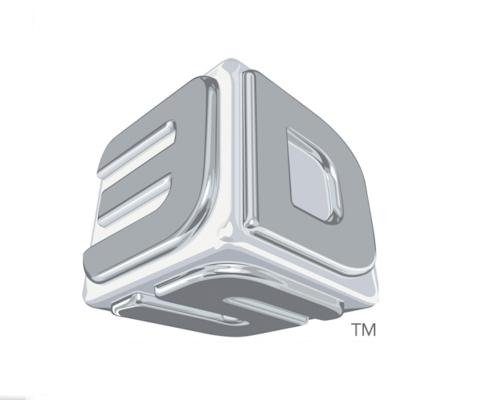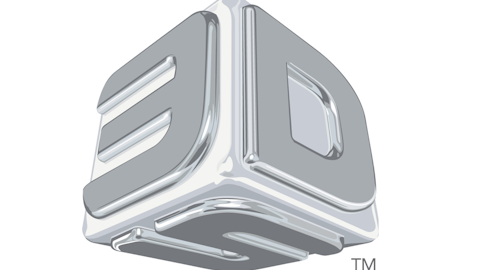In the last few years, the development of 3D printing technology has been one of the most discussed topics in the investment world and has managed to capture the imagination of consumers and investors alike. No doubt, the technology is a promising one, and one that according to some commentators has the potential to revolutionize the way we produce and manufacture goods. However, after a spectacular run in the last year, these stocks are now trading at fairly precarious valuations, leading me to be cautious about their prospects in the months to come.
The concept behind the technology is probably known by now to most readers, but a quick recap of the idea and the two main publicly traded firms in the industry may be helpful. 3D Printing, also known as additive manufacturing, is the process of making a 3-dimensional solid object based on a digital model, by adding successive layers of material in varying shapes. This differentiates it from traditional manufacturing processes, where material is usually subtracted from one or several solid pieces.
3D Systems Corporation (NYSE:DDD), the larger of the two companies to be discussed here, engages in the design, production and marketing of 3D printing devices. The stock has a market cap of $3.17 billion and just over 700 full-time employees. The company beat estimates two out of three times so far this year and appears to be growing earnings at a good pace. In fact, according to CNBC, the expected 3-5 year EPS growth rate is around 95%, which is pretty spectacular.
Stratasys, Ltd. (NASDAQ:SSYS), a prime competitor of 3D systems, has a more modest market cap of $1.43 billion and 530 employees. They’ve also reported good earnings this year, like 3D Systems, delivering two beats out of three reports and beat throughout 2011. Expectations for this company’s growth are a bit more muted, with an expected 3-5 year growth rate of 16.6%. Perhaps this is why the stock has performed less spectacularly than its larger competitor in the last twelve months.
Rally and Stretched Valuations
Both stocks have enjoyed a massive rally in the last twelve months. 3D Systems Corporation (NYSE:DDD) tacked on a huge 166% over this period, while Stratasys gained just short of 80%. Obviously, there is a lot of faith in these companies among the investment community, but this has left the industry trading at worrying multiples. In general, it is expected that high-growth companies, especially in the tech sector, trade at higher multiples than more established value companies, but things seem to be getting a bit out of hand as far as I’m concerned.
3D Systems now trades at around 82x TTM earnings, and Stratasys isn’t far behind at about 77x. This is high by almost any standards. The forward P/E is something of a consolation however, sitting at around 35x forward earnings for both companies. Assuming a TTM P/E of about 30, which is a lot more reasonable, these companies would be trading at a considerably lower price. Taking 3D Systems’ TTM EPS of $0.68, and giving them a more or less acceptable TTM P/E of 30, the stock would be trading at around $20.40, less than half the current price of about $56. Stratasys on the other hand, taking the TTM EPS of $0.85, would be trading at $25.5, versus their current price of around $66.
Bottom Line
So what is it exactly that I’m trying to say in this article? I would not dare suggest that the rally in 3D printing systems is over, because it is indeed a promising technology and companies operating in the sector are growing earnings impressively. However, based on current valuations, it appears as if there is plenty of possible downside should the market decide to turn on these two industry darlings, which leads me to be cautious on both.
The article Are 3D Printing Valuations Getting Ahead of Themselves? originally appeared on Fool.com and is written by Daniel James.
Copyright © 1995 – 2013 The Motley Fool, LLC. All rights reserved. The Motley Fool has a disclosure policy.



